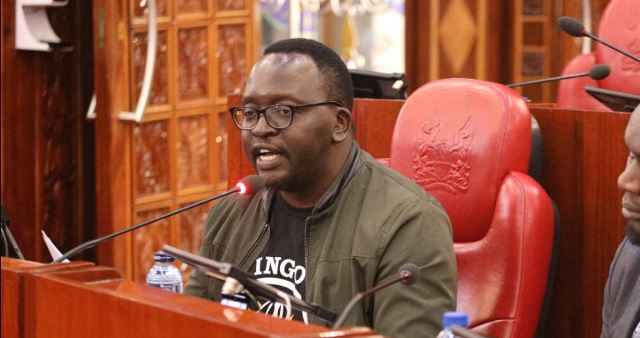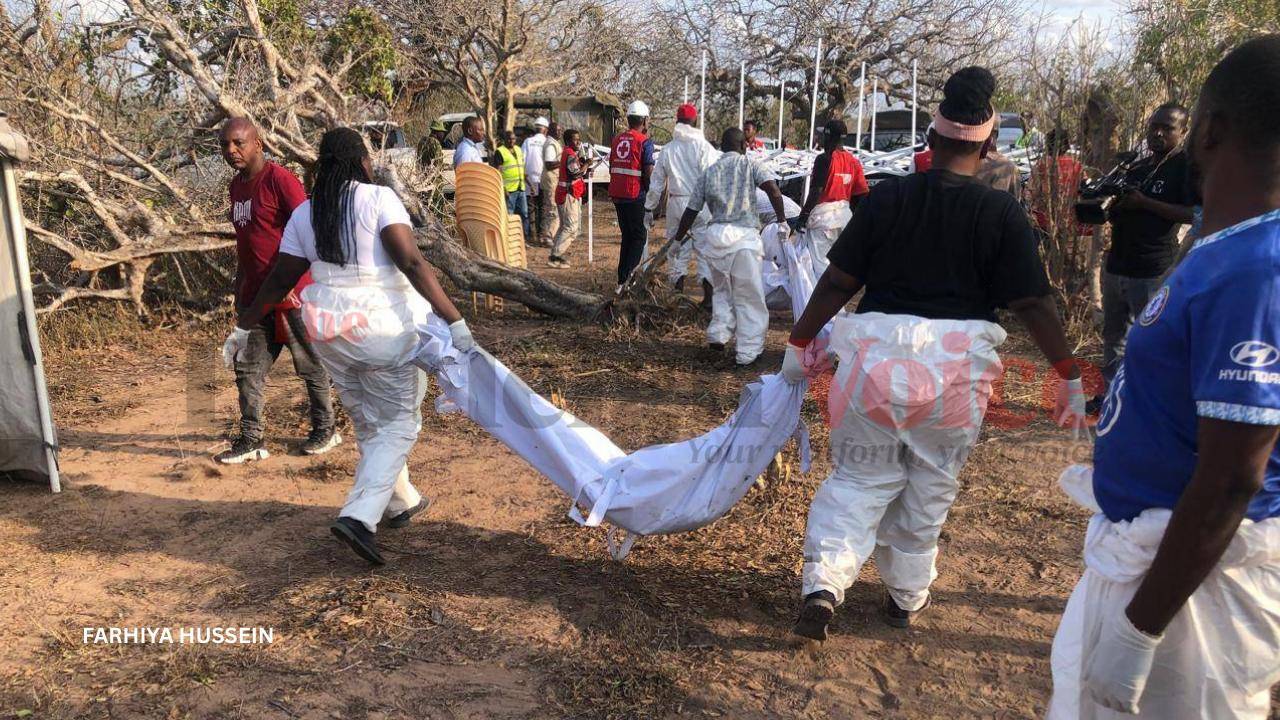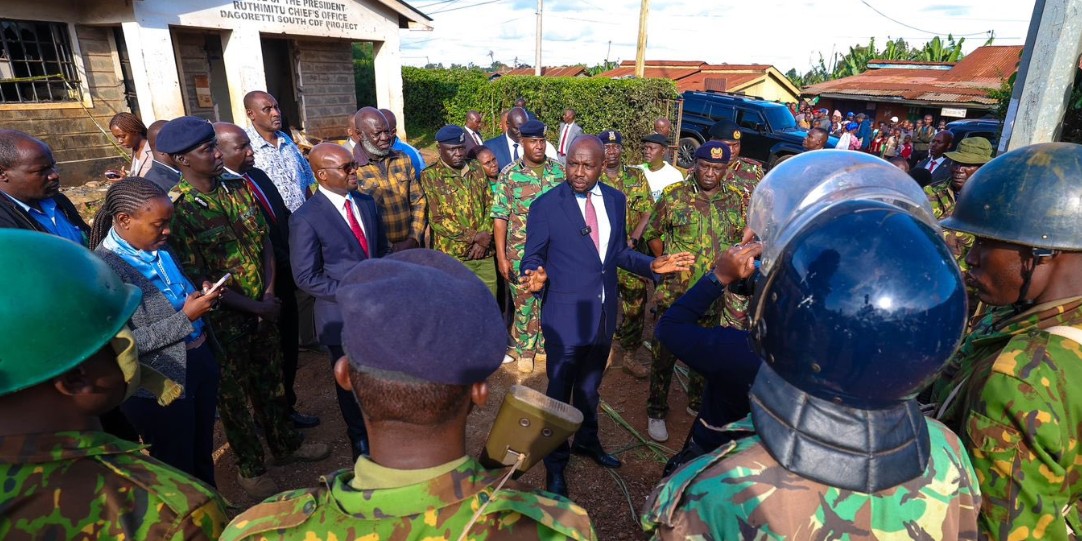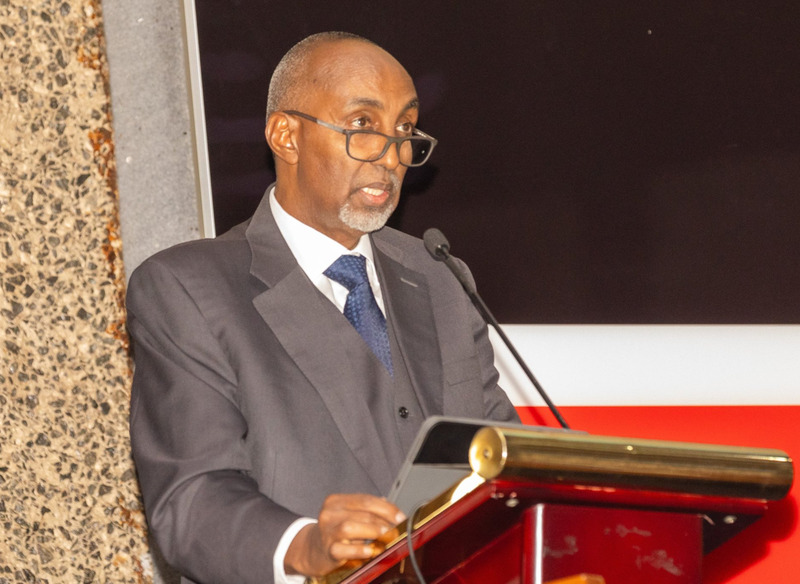Health ministry unveils strict measures to restore order in nursing internship programme
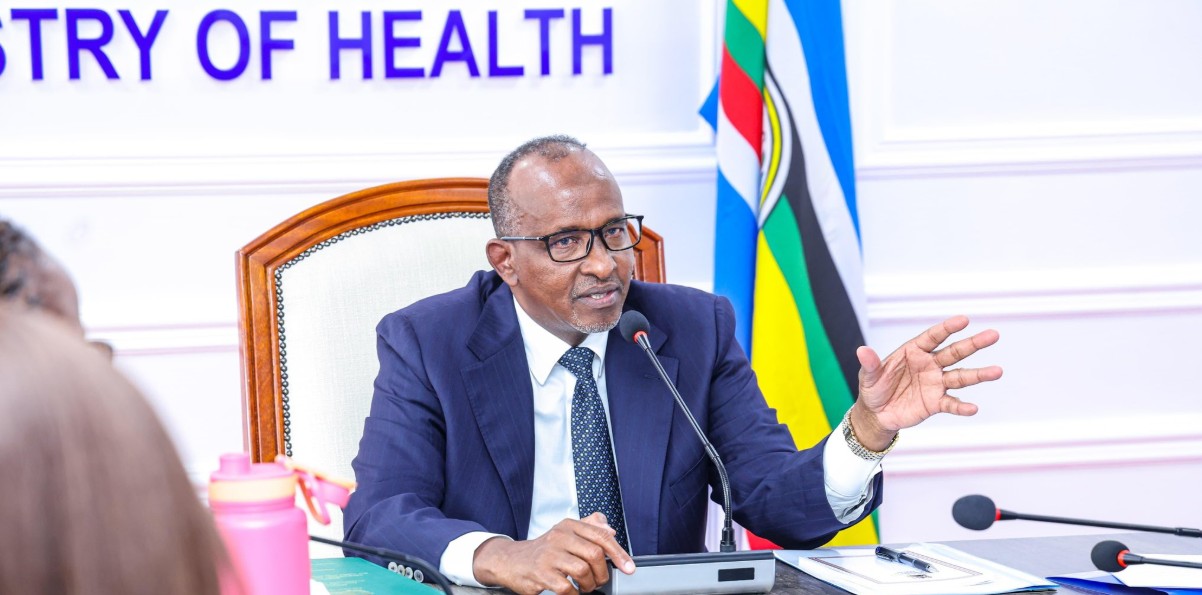
Duale affirmed that all institutions found culpable will be held accountable, emphasising the ministry’s commitment to upholding professionalism and safeguarding patient safety in Kenya’s health sector.
The Ministry of Health has announced a series of reforms aimed at restoring transparency, accountability, and efficiency in the Bachelor of Science in Nursing (BScN) internship programme. This follows an audit that uncovered serious irregularities in the posting of nursing interns.
Health Cabinet Secretary Aden Duale, speaking on Tuesday during a consultative meeting with universities offering nursing programmes, said the reforms are part of a broader effort to streamline the internship placement process and align it with national health workforce priorities.
More To Read
- KUCCPS extends TVET application deadline for September 2025 intake
- KUCCPS reopens portal for KMTC September 2025 intake
- Kenyans entitled to Sh500,000 for treatment abroad for services unavailable locally under SHA - Duale
- HELB loans awarded to 136,000 first-time university students as government caps fees
- KUCCPS reopens TVET applications for September intake, cuts fees to widen access
- KUCCPS opens applications for diploma upgrade in teacher training
He added that the interventions are specifically intended to correct the anomalies identified in the 2025/2026 internship postings.
“These reforms are about safeguarding the future of healthcare in Kenya. We are building a system that ensures fairness, accountability, and quality in health professional training,” Duale said.
As part of the reforms, the Ministry of Health plans to digitise the internship submission process by establishing a centralised digital platform. This system will streamline submissions, improve data verification, and reduce errors.
The Health Director-General will also issue standardised national guidelines for managing internships, in line with Section 17(j) of the Health Act. These guidelines will define eligibility criteria, submission timelines, and clarify the roles of all stakeholders involved.
Internship coordination unit
The ministry will create an internship coordination unit to oversee the placement process, improve coordination with training institutions, and ensure adherence to placement regulations.
The ministry has also directed that only students placed through the Kenya Universities and Colleges Central Placement Service (KUCCPS) will qualify for government-sponsored internships. Self-sponsored students will be required to cover their own internship costs.
Universities have been instructed to strictly follow admission quotas approved by the Commission for University Education (CUE). The ministry warned that over-enrolment undermines workforce planning and compromises the quality of training.
On the issue of funding, Duale said the government is working with the National Treasury to secure Sh408 million. This funding would support the placement of 339 additional verified nursing interns beyond the Public Service Commission’s (PSC) annual cap of 2,000.
Fair opportunities
“These reforms are necessary to ensure that all qualified nursing interns are given fair opportunities without compromising the integrity of the process,” the CS noted.
The reforms follow an audit that uncovered major irregularities in the current nursing internship postings.
According to the Ministry of Health, 42 students who had not completed their training were mistakenly included in the list submitted by the Nursing Council of Kenya (NCK).
The audit also revealed that 339 eligible students were wrongly excluded, while some foreign students—who do not qualify for government-sponsored internships—were improperly listed.
Ten universities were implicated in submitting unverified or unauthorised student data. These include Kenyatta University, Daystar University, Kenya Methodist University, Masai Mara University, University of Embu, Mount Kenya University, Umma University, Baraton University, Karatina University, and Masinde Muliro University of Science and Technology.
The NCK was faulted for failing to fulfil its regulatory role by not verifying the student submissions before forwarding them to the ministry.
In response to the findings, the ministry revoked the 42 irregular placements and formally notified the affected internship centres.
Duale affirmed that all institutions found culpable will be held accountable, emphasising the ministry’s commitment to upholding professionalism and safeguarding patient safety in Kenya’s health sector.
Top Stories Today



